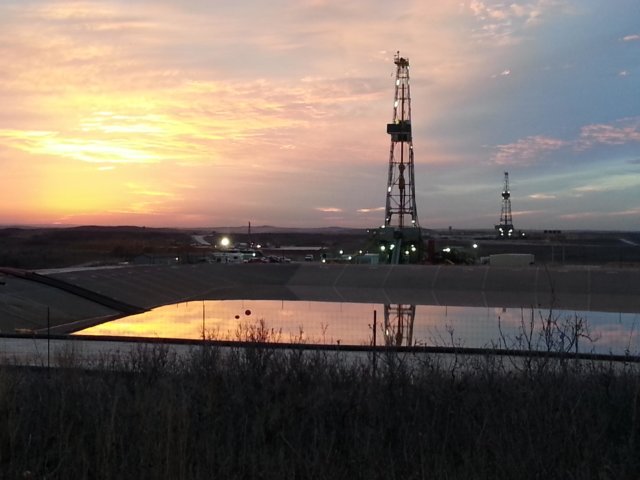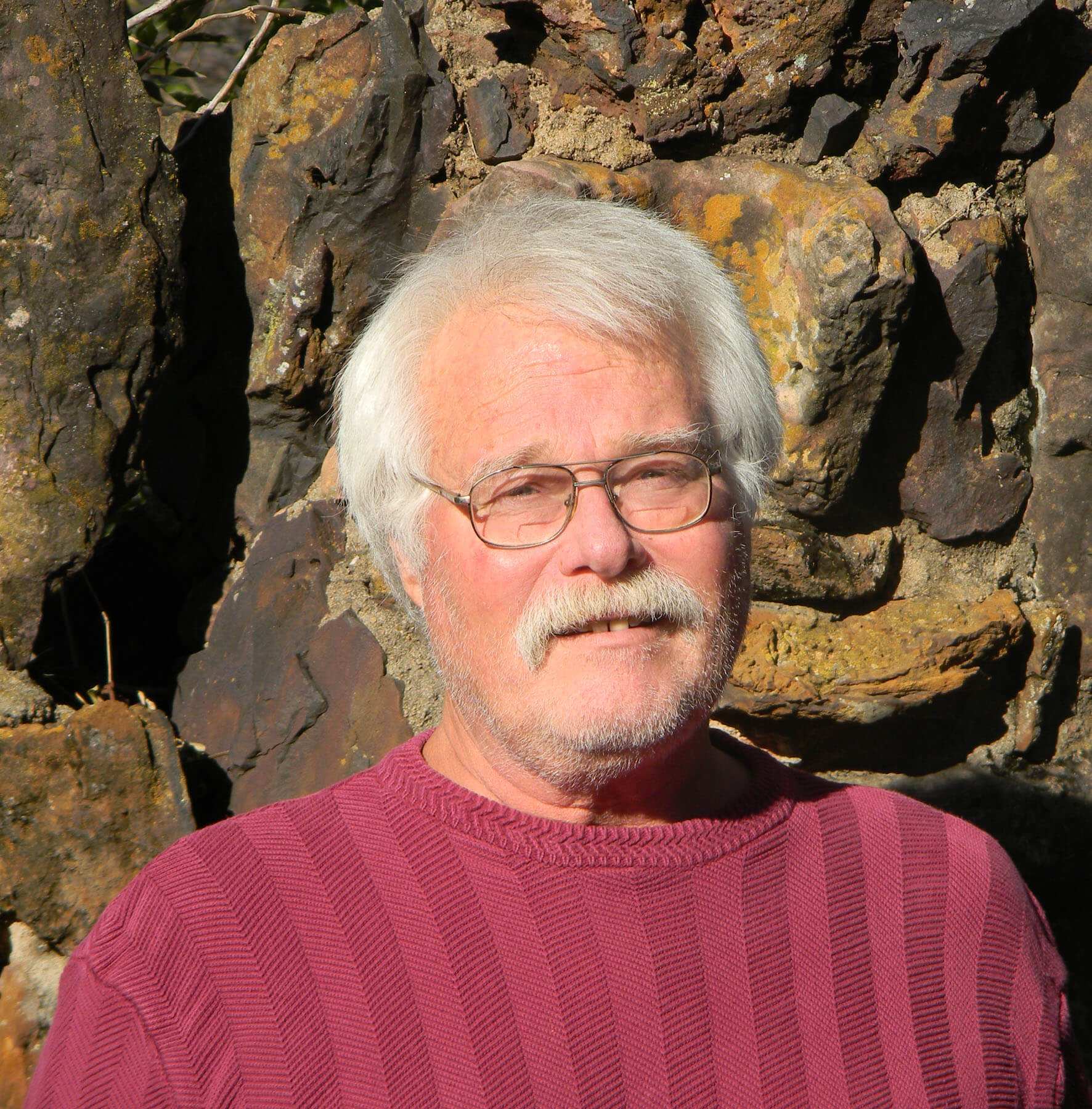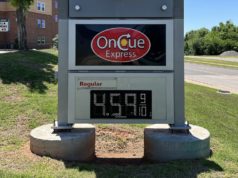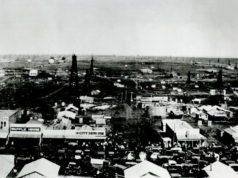On my first day in the Oklahoma oil fields in 1978, working as a roughneck, the sum of my training was:
“Either of you worms ever trip? Well, you’re in the oil patch now. That’s the blowout preventer over there. Let’s go.” (A “worm” is slang for a rookie floor hand, while the term “trip” in this sense means pulling “joints” of pipe back out of — or putting them back into — the well.)
I would grab the several-hundred-pound steel joints as the rigging mechanism lowered them down and “hoss” them into place, one at a time. In theory, the floor hand was supposed to keep his feet firmly on the deck, but no human being could do that, over and over again, in 105-degree heat. So, when we “double-tripped,” I repeatedly lunged forward on the oily deck, knowing that a miss could cost my fingers or a hand.
Fun sidebar: The carburetor would die every time we pulled a pipe, so I would have to jump off the deck, run through mud, then run through sand, restart the motor, run back through the sand and mud and leap back up to the slippery deck. That process repeated until I could barely stand.
‘Call Eddie Chiles!’
Also during my first day on the job, I heard my tool pusher shout into the radio, “Frack after dark?! Call Eddie Chiles! He loves to frack after dark!”
My boss then explained why that job was so dangerous: Explosives could be set off by radio waves that traveled long distances at night, so a CB radio 100 miles away could kill an entire crew. The last time they had fractured at night, one victim was pronounced dead at the site but shortly after had been resuscitated. He spent months in the hospital.
“I have a family, so I have no choice,” my boss told me, “But you have a future. Just hitchhike home.”
I later learned that what we were doing would now be called “perforating” after dark, but the point is just the same.
After experiencing the macho world of the old-school oil patch, with “men of steel slingin’ iron,” I always take today’s oil companies’ public relations with a grain of salt.
Rounds of degradation until, finally, a hand
There was too much to learn on the troubled well for formal training, so I would wrestle with pipe until I made a mistake. At which point the tool pusher — let’s call him Don — would then throw his aluminum hard hat at me along with a bunch of profanities, finishing with, “You motherfucking worm, wash the truck!” I’d go through the washing motions, knowing I couldn’t whip my tool pusher in a fist fight but fantasizing about breaking at least one of his bones.
Then, as tempers cooled and another set of hands was required, I’d jump back in and “wrassle iron” until I fouled up again, felt the pain of the hardhat and went through another round of degradation.
My proudest moment was when Don called me a “hand” — not a worm anymore, but a floor hand. Afterward, he responded to some questions I had always had about him. Yes, Don knew he had the talent to be much more than a roughneck, and he had made $30,000 in the 1973 oil boom. A year later, he made $15,000. He also made big bucks in the Alaska boom, but then the bust came. Don was going to make more than $30,000 this year, but next year, who knows?
Don: ‘I almost had to pay $100’
When Don arrived at work one morning in a particularly foul mood, he complained, “I almost had to pay $100.”
You see, he explained, there was no law where he lived in southwest Oklahoma. So, the colloquialism states it only costs $100 to dump a body there, as in: “That asshole made me so mad I almost had to pay $100.”
Upon further questioning, Don explained it was literally true that no police, sheriffs or highway patrolmen were stationed in a portion of southwest Oklahoma where he lived, and traditional ways of solving conflicts were the norm.
Once, Don nearly adopted those methods when he almost left work to beat up his son’s teacher. He laughed as he acknowledged that his son probably shouldn’t have “taken a dump” on the playground at recess, but he didn’t like the idea of any other authority figure trying to discipline his son.
Consider the burdens before criticizing
This history of booms and busts goes a long way in explaining why Oklahoma (as well as West Virginia) is often called the “whitest” state with the social problems of the Deep South. The ideology that is typically labeled as “conservatism” is actually the lack of a belief in free will. The assumption is that what goes up will soon come down. The macho, chip-on-the-shoulder culture also was a legacy of a lawless frontier, where government was a fee-for-service transaction.
I often contemplate the lessons I learned in an Oklahoma that was far more dangerous than today but where I never lacked for mentors. I very much value the lessons that the oil field taught me. If we urbanite professionals and blue-collar workers are now at each others’ throats, that is a reason for mourning. It is not a justification for an escalating blame game.
Before progressives judge Trump supporters, we should see history through their eyes. Before we criticize the political lessons that they draw from the de-industrialization of America — lessons I believe are dangerously wrong — let’s ask how we could have done a better job carrying their burdens into the 21st-century global economy.























